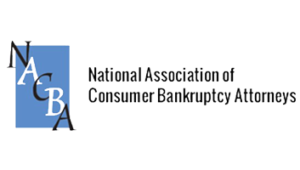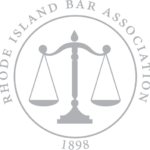The Truth About the Mortgage Modification Process
Mortgage modification works for a small minority, while the majority of homeowner’s who apply under HAMP end up being disappointed. The larger question is whether it makes sense to keep a house that consumes too much of your disposable income. For many, surrendering the house and discharging the debt in bankruptcy is an option worth considering.
Rhode Island Bankruptcy Law: Myths vs Reality
RI bankruptcy laws protect property and restore order to financial chaos. Ignore myths and debt settlement scams and consult a qualified RI bankruptcy lawyer.




